What is crude oil fractional distillation
What is crude oil fractional distillation
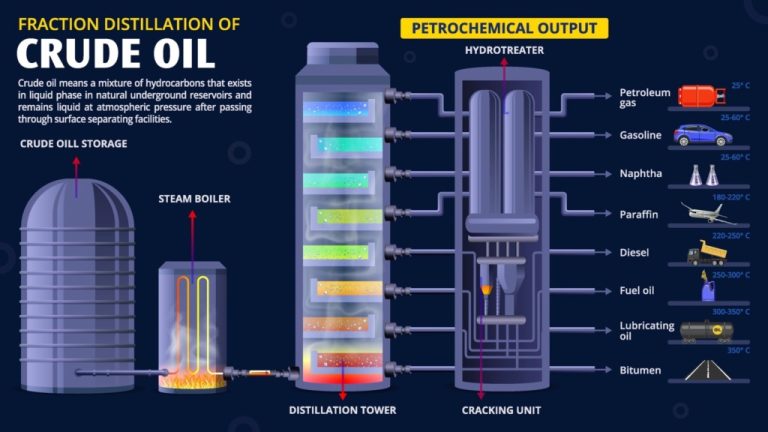
What is crude oil fractional distillation
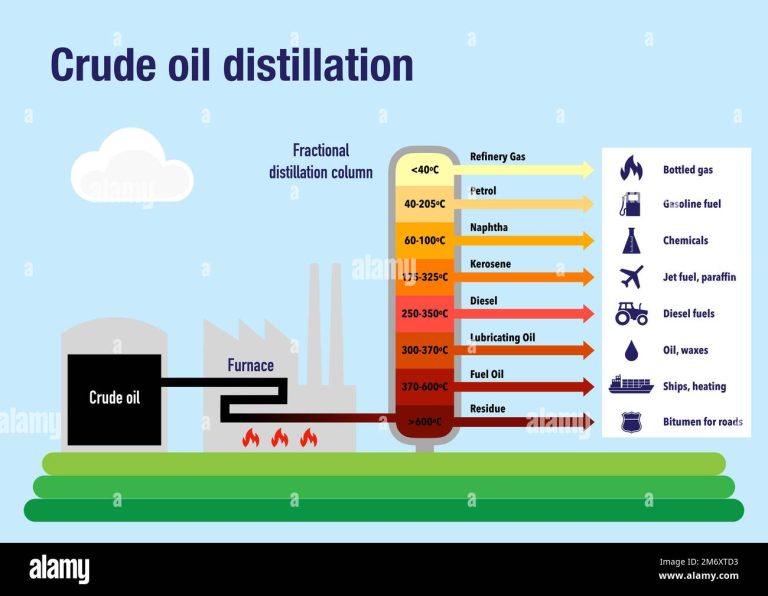
How Crude Oil Is Separated into Fractions
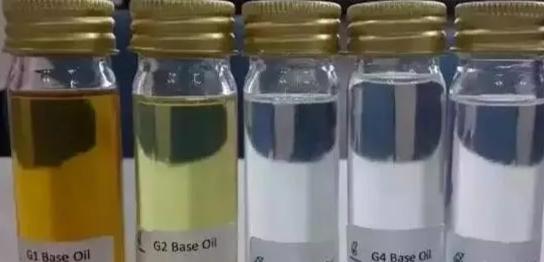
How to Recycle Used Motor Oil: Step-by-Step Guide for DIYers and Professionals

How to Recycle Used Motor Oil: Step-by-Step Guide for DIYers and Professionals
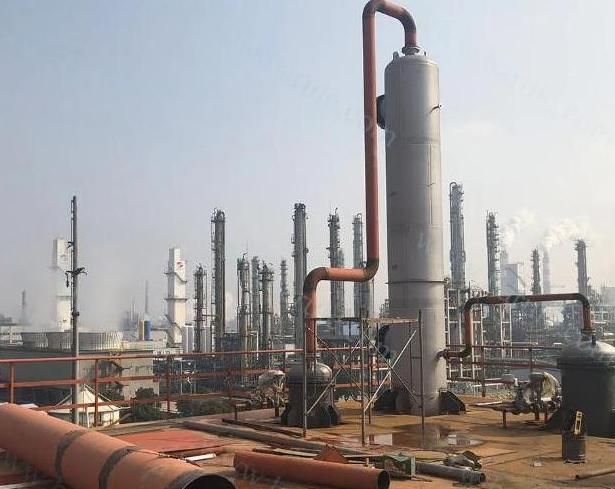
How to Recycle Used Motor Oil: Step-by-Step Guide for DIYers and Professionals
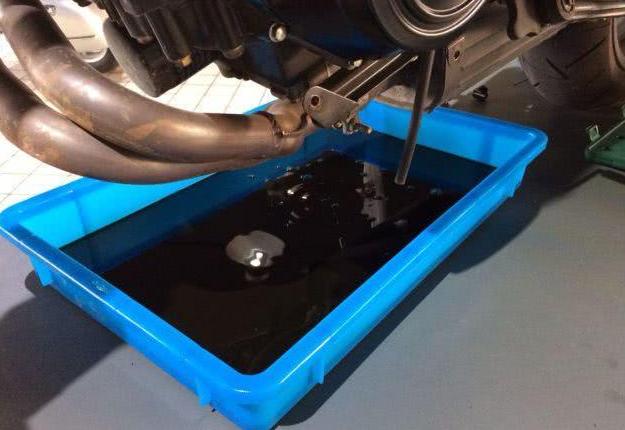
How to Recycle Used Motor Oil: Step-by-Step Guide for DIYers and Professionals

Where to Drop Off Used Motor Oil Near Me

How to Recycle Used Motor Oil: Step-by-Step Guide for DIYers and Professionals
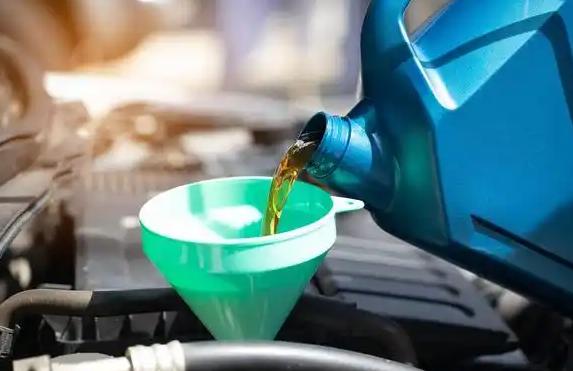
How Much Diesel Can Be Recovered from 1 Ton of Waste Oil?
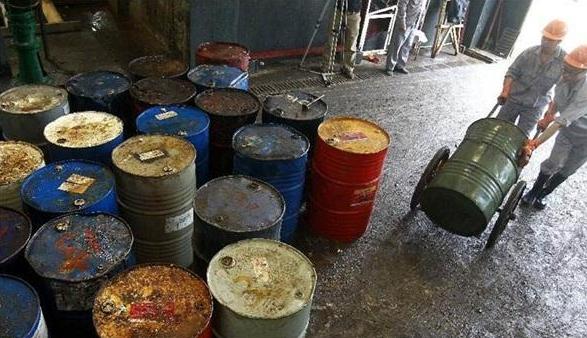
How Much Diesel Can Be Recovered from 1 Ton of Waste Oil?
End of content
End of content
This website uses cookies so that we can provide you with the best user experience possible. Cookie information is stored in your browser and performs functions such as recognising you when you return to our website and helping our team to understand which sections of the website you find most interesting and useful.
Strictly Necessary Cookie should be enabled at all times so that we can save your preferences for cookie settings.
If you disable this cookie, we will not be able to save your preferences. This means that every time you visit this website you will need to enable or disable cookies again.